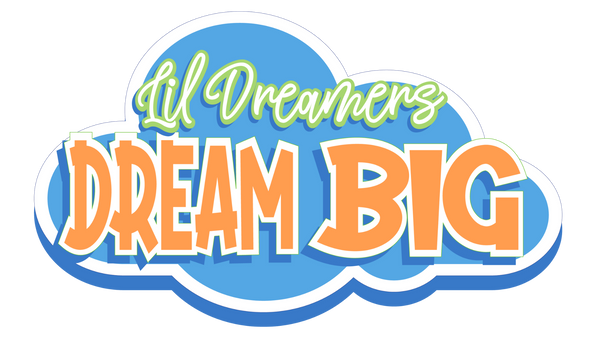Have you ever watched children play and wondered about the impact of those seemingly simple activities? It's not just fun and games; play is a fundamental component of effective preschool education. This post explores how integrating play into preschool and daycare curriculum can transform learning experiences and developmental outcomes for young children. As Maria Montessori famously said, "Play is the work of the child." This quote beautifully encapsulates the essence of play in a child's learning and development.
The Role of Play in Development: Play is not merely a pastime in early childhood education—it's a powerful tool that fosters cognitive, physical, emotional, and social development. Through play, children explore their world, learn to solve problems, and build relationships. Whether it's during a structured preschool curriculum or through spontaneous preschool activities, play is crucial in nurturing a child’s growth and readiness for future challenges.
- Cognitive Development: Engaging in play allows children to think creatively and develop decision-making skills. Preschool activities that encourage play, such as puzzle solving or role-playing scenarios, help enhance these cognitive abilities.
- Physical Development: Physical play, which might include running, jumping, or dancing, is essential for developing motor skills and overall health. Every hop, skip, and jump is a step towards a healthier lifestyle!
- Emotional and Social Development: Through play, children learn to express themselves, share with others, and empathize, forming the foundation of social interactions and emotional intelligence.
Types of Play and Their Educational Benefits: Incorporating different types of play into the preschool curriculum can cater to various learning styles and developmental needs.
- Unstructured Play: This form of play gives children the freedom to explore and create without constant adult direction. It promotes creativity and self-expression, which are crucial elements of a comprehensive child care curriculum.
- Structured Play: This includes planned activities that aim to teach specific skills or concepts, such as preschool crafts or organized sports. These activities are great for introducing and reinforcing new concepts within a daycare curriculum.
- Outdoor Play: Activities that take place outdoors provide children with opportunities to engage with nature and practice new physical skills in a dynamic environment.
Strategies for Integrating Play into Curriculum: To effectively blend play with learning, here are some strategies educators can adopt:
- Incorporate Play-Based Learning Models: Utilize play as a teaching tool within the preschool curriculum kit, ensuring that each playful activity aligns with educational goals.
- Balance Play with Education: While play is essential, balancing it with formal learning activities ensures that children receive a rounded education. Teacher resources can include schedules that blend play and learning effectively.
- Practical Play Ideas: Offer teachers simple, engaging play ideas that can be easily included in daily routines, such as storytelling or "pretend play" sessions that require minimal preparation and materials.
Case Studies or Success Stories: Highlighting success stories from classrooms that have integrated play extensively can inspire and motivate others to follow suit. For instance, a case study on a preschool that adopted a comprehensive preschool curriculum kit with a focus on play could demonstrate tangible benefits in children’s developmental assessments.
The evidence is clear: play is not just beneficial but essential in early childhood education. By embracing play, educators can provide a stimulating and supportive environment that promotes all areas of development. As we continue to adapt our teaching strategies to meet the needs of all learners, let us not underestimate the power of play.
Additional Resources: For more insights and resources on enhancing your preschool, daycare, or child care curriculum through play, be sure to check out more tips like these and play based curriculum available on our website.
